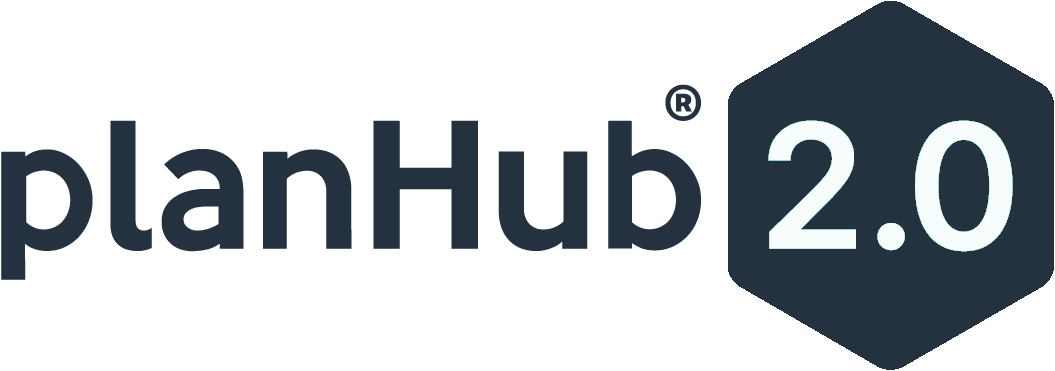The construction industry is known for being physically demanding, but it’s not just physical health that workers need to worry about. Mental health in construction is equally vital, yet often overlooked. The high-pressure, deadline-driven nature of the industry can take a toll on workers’ mental well-being. It’s important to understand the importance of prioritizing mental health in the construction industry and to learn some simple tips for taking care of yourself while on the job.
Mental Health Issues in Construction Industry
Recognize the signs of mental health issues in the construction industry: In order to prioritize your mental health, you need to be able to recognize the signs of mental health issues. Common signs include feeling overwhelmed, irritable, or anxious, experiencing frequent mood swings, or having difficulty sleeping. It’s important to not ignore these signs and seek help if needed.
Take breaks: It’s important to take breaks throughout the day to rest and recharge. Whether it’s a quick walk outside or a few moments of deep breathing, taking breaks can help reduce stress levels and increase productivity.
Talk to someone: If you’re struggling with mental health issues, don’t be afraid to talk to someone. This could be a coworker, supervisor, or a professional therapist. It’s important to have a support system in place for when you need it.
Practice self-care: Prioritizing self-care is crucial for maintaining good mental health. This could mean something as simple as taking a hot shower after work or practicing yoga in the morning. Find what works for you and make it a priority.
Manage stress: Stress can have a negative impact on mental health, so it’s important to find ways to manage it. This could include time management techniques, delegation of tasks, or developing coping mechanisms like meditation or deep breathing exercises.
Construction Mental Health Statistics show that mental health is just as important as physical health in the construction industry, and it’s important to prioritize it. By recognizing the signs of mental health issues, taking breaks, talking to someone, practicing self-care, and managing stress, construction workers can take care of their mental well-being while on the job. It’s time to start prioritizing mental health so that workers can be happy, healthy and productive on the job.
Why is prioritizing mental health important in construction?
Prioritizing mental health in the construction industry is crucial for several reasons:
- High-Stress Environment: Construction work often involves long hours, physically demanding tasks, and tight deadlines, creating a high-stress environment. This can lead to mental health issues like anxiety and depression if not properly managed.
- Safety Concerns: Mental health directly impacts a worker’s concentration, decision-making, and overall cognitive function. Poor mental health can increase the risk of accidents and injuries on construction sites.
- Productivity and Quality of Work: Workers struggling with mental health issues may have decreased productivity and difficulty maintaining the quality of their work. Addressing mental health can improve focus, efficiency, and job satisfaction.
- Reducing Stigma: The construction industry has traditionally been perceived as a field where mental health issues are not openly discussed. Prioritizing mental health helps break down this stigma, encouraging workers to seek help when needed.
- Employee Retention: Supporting mental health in the workplace can lead to higher job satisfaction, which in turn can increase employee retention rates. Workers are more likely to stay with a company that values their overall well-being.
- Legal and Ethical Responsibilities: Employers have a legal and ethical responsibility to provide a safe and healthy work environment. This includes addressing both physical and mental health needs.
- Economic Impact: Untreated mental health issues can lead to increased absenteeism and turnover, which can have a significant economic impact on a company.
- Creating a Supportive Culture: A workplace that prioritizes mental health fosters a culture of support and understanding. This can lead to better teamwork, communication, and a more positive work environment overall.
In summary, prioritizing mental health in construction is essential for the well-being and safety of workers, the quality and productivity of work, and the overall health of the organization.
Impacts on Mental Health in The Construction Industry
The construction industry, with its unique set of challenges and stressors, can significantly impact the mental health of its workers. Here are some key impacts:
- High Stress Levels: The pressure of meeting tight deadlines, managing complex projects, and adhering to strict safety standards can lead to high levels of stress among construction workers.
- Physical Strain and Fatigue: The physically demanding nature of construction work, often involving long hours and strenuous activities, can contribute to both physical and mental fatigue.
- Risk of Anxiety and Depression: The combination of high stress, physical demands, and often precarious employment conditions can increase the risk of anxiety and depression among construction workers.
- Substance Abuse: There’s a risk of substance abuse in the construction industry, as workers may turn to alcohol or drugs as a coping mechanism for stress or physical pain.
- Isolation and Loneliness: Construction work, especially in remote locations or on large, impersonal sites, can lead to feelings of isolation and loneliness, impacting mental well-being.
- Impact on Personal Life: The demanding nature of construction work can strain personal relationships and family life, leading to additional emotional stress.
- Stigma and Lack of Support: There’s often a stigma associated with discussing mental health in the construction industry, which can prevent workers from seeking help or support.
- Safety Risks: Poor mental health can impair concentration and decision-making, increasing the risk of accidents and injuries on construction sites.
- Economic Impact: Mental health issues can lead to absenteeism, reduced productivity, and higher turnover rates, which have economic implications for both individuals and companies.
- Long-term Health Consequences: Chronic stress and mental health issues can have long-term effects on physical health, including increased risk of heart disease, hypertension, and weakened immune system.
Addressing mental health in the construction industry is vital for the well-being of workers and the overall health of the industry. Creating a supportive environment where mental health is openly discussed and resources are readily available is key to mitigating these impacts.




